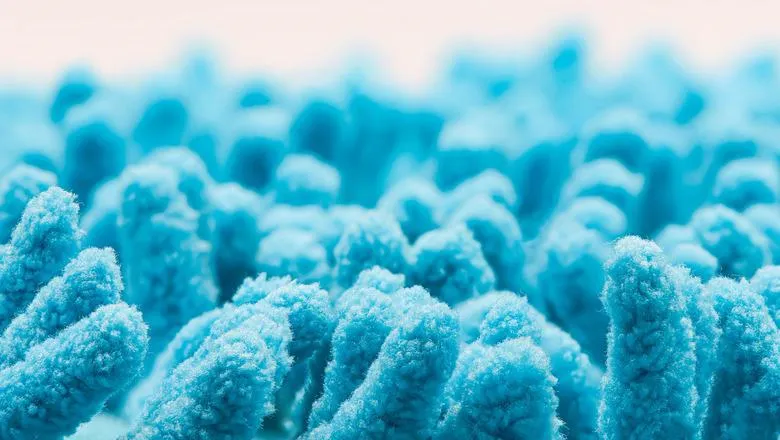'Transient' populations of gut bacteria may contribute to the development of chronic liver disease and diabetes, but a personalised diet plan could lessen the risk, new research suggests.

Scientists have identified two types of microbes in the gut using data from a year-long study of the same patients and suggest labelling both helpful and harmful gut bacteria could make treatment easier.
The researchers from King's College London found two broad categories of microbes using gut microbiome data from a year-long study of individuals: persistent colonising species (PCS) that are representative of a healthy gut, and transient colonizing species (TCS) which destabilise the gut and are linked to diseases like diabetes type-2 and colon cancer.
The new study published in npj Biofilms and Microbiomes suggests that the two kinds of microbes in the gut microbiome keep each other in check and that TCS, while natively low in humans, can be impacted by outside forces like diet and life style and boom in abundance. This upsets the balance with the much more common PCS causing complications in gut.
This finding suggests that understanding the proportion of these two types of species categories can help for a personalised diet plan. These two categories of microbes can act as potential markers to check the success of the dietary plan which could be important for patients with chronic disease such as diabetes."
Dr Saeed Shoaie
PCS microbes can grow when exposed to high levels of protein and fibre, while the potentially harmful TCS can grow well in response to sugar and xenobiotics (substances foreign to living systems like pesticides and food additives). Personalising diet plan that feeds PCS microbes and seeks to supress TCS, nutrition guidelines could effectively empower the body to keep up a good gut health and fight back on development of diseases.
Dr Saeed Shoaie, group leader in Systems Biology at King's College London and the senior author of the study said: "The power of gut microbiome and the dynamic pace of it in health and disease is well known. Our study shows that while the balance of these microbes can change over time, we can predict how these changes happen. Even bacteria that are usually found in low numbers can suddenly increase, while the beneficial ones might decrease. Although these shifts in the gut don't always cause immediate symptoms, even a short period of imbalance can leave a lasting impact. This disruption can lead to harmful changes in the gut environment that may persist, potentially contributing to the development of various diseases over time.
These new categorisations will change the way researchers understand disease and think of new ways to build effective treatments. By including these labels in a freely available Gut Microbiome Atlas that identifies gut bacteria appearing in individuals with 23 separate diseases across 19 countries, we can share this work with the world."
Dr Sunjae Lee
Moreover, we showed the transient bugs, can rapidly grow under specific conditions, and produce toxins. This finding suggests that understanding the proportion of these two types of species categories can help for a personalised diet plan. These two categories of microbes can act as potential markers to check the success of the dietary plan which could be important for patients with chronic disease such as diabetes."
Dr Sunjae Lee, the first author of the paper said "These new categorisations will change the way researchers understand disease and think of new ways to build effective treatments. By including these labels in a freely available Gut Microbiome Atlas that identifies gut bacteria appearing in individuals with 23 separate diseases across 19 countries, we can share this work with the world."
Alongside the potential to help treat disease, the ability to target and grow the population of PCS in the gut could as be used as a preventive measure, keeping the gut healthy and the levels of TCS and the chance of diseases associated with it low in healthy patients. Therefore, extracting the active molecules of PCS bacteria that make it an effective way to restore gut health for use as a treatment.







